Toyota is determined to pursue electrification with hybrid vehicles in Vietnam. Along with a wide range of HEV products, the company has just launched a big incentive for hybrid battery packs, reducing up to more than 40 million VND depending on the model. For the Toyota Camry HEV and other key HEV models, this move directly reduces long-term operating costs, while strengthening users' confidence in self-charging gasoline-electric hybrid technology.
According to the announcement, the incentive is equivalent to about 33-34% of the battery pack value. The condition is that the car owner hands over the old battery pack for Toyota to collect and recycle according to environmental regulations. This is an important detail when evaluating the overall value of the Camry HEV in particular and Toyota hybrid cars in general.
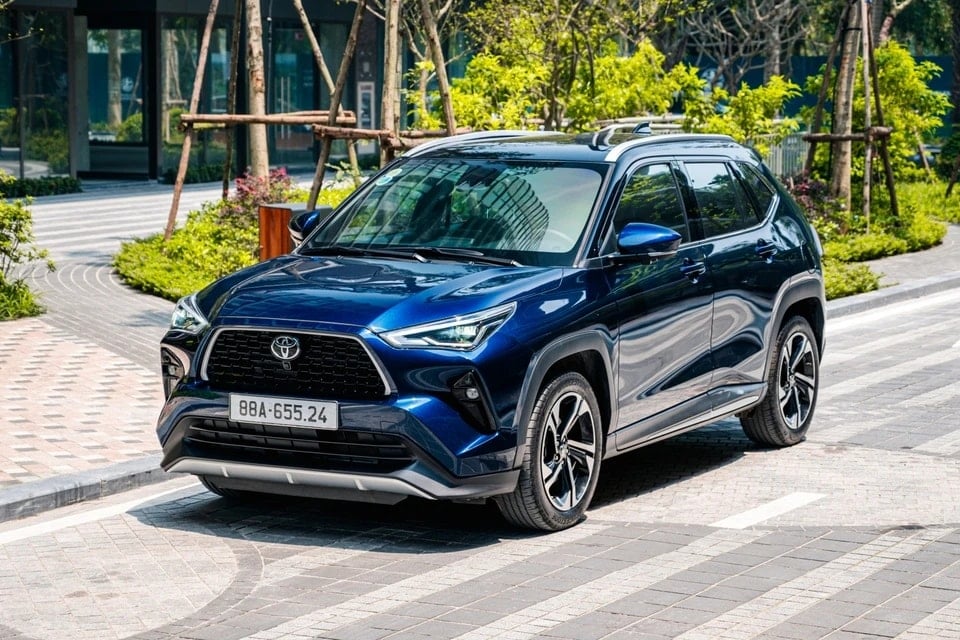
Practical operation: self-charging, economical and smooth
The core of the Camry HEV lies in the self-charging hybrid system (HEV): the car does not need to be plugged in, users can operate it like a regular gasoline car but still take advantage of the fuel economy and smooth starting ability of the electric motor. This is a notable difference compared to pure electric vehicles (BEV) and plug-in hybrids (PHEV).
With PHEV, the pure electric range is longer and fuel consumption can be lower if users actively charge regularly. In contrast, HEVs like Camry HEV are optimized in simplicity: not dependent on charging infrastructure, suitable for refueling habits and actual usage conditions in Vietnam, following the "multiple pathway" orientation that Toyota pursues.
Hybrid battery costs: model-specific support levels
The battery replacement incentive program is applied by Toyota Vietnam to many HEV models, including Camry HEV. The table below shows the prices before and after June 1st and the corresponding discounts:
| Vehicle line | Battery replacement price before June 1 (million VND) | Battery replacement price from 1/6 (million VND) | Offer (million VND) | Discount (%) |
|---|---|---|---|---|
| Toyota Corolla Cross 1.8HEV | 96,071 | 63,476 | 32,595 | 34 |
| Toyota Innova Cross HEV | 96,096 | 63,476 | 32.62 | 34 |
| Toyota Yaris Cross HEV | 97,621 | 64.48 | 33,141 | 34 |
| Toyota Corolla Altis 1.8HEV | 106,143 | 70 | 36,143 | 34 |
| Toyota Camry HEV (new version) | 113,659 | 75,018 | 38,551 | 34 |
| Toyota Camry HEV (old version) | 123,024 | 82,294 | 40.73 | 33 |
The high level of support helps alleviate concerns about battery costs – a common barrier when users consider switching from gasoline cars to hybrids. Toyota also said the program applies to Toyota/Lexus hybrid cars not officially distributed by Toyota Vietnam.
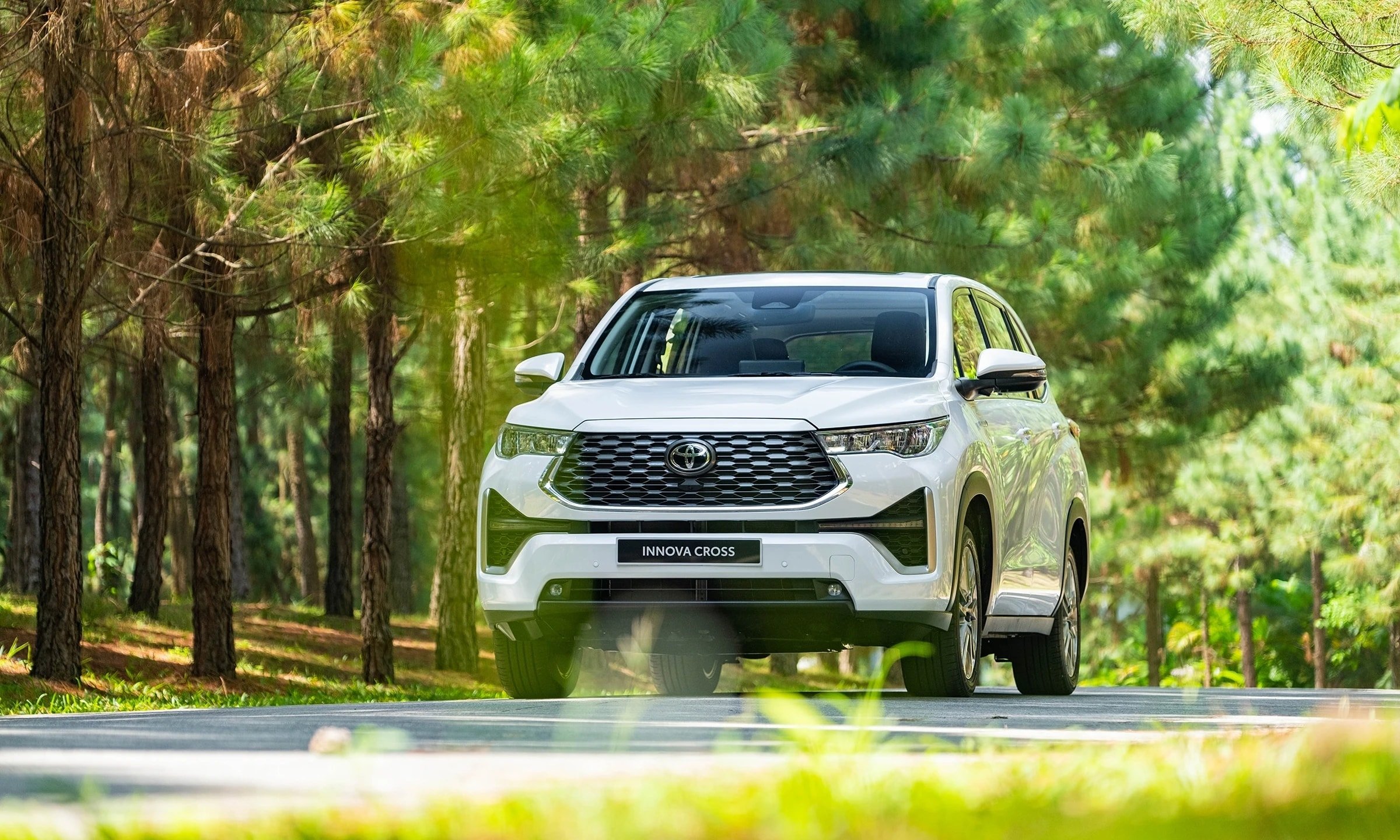
Product positioning: Camry HEV in Toyota's hybrid ecosystem
Toyota currently has 6 official hybrid models in Vietnam: Innova Cross HEV, Corolla Cross 1.8HEV, Camry HEV, Yaris Cross HEV, Alphard HEV and Corolla Altis 1.8HEV. In the new generation, Camry increases the number of hybrid versions from one to two, showing the central role of the HEV variant in the product range.
Globally, Toyota has confirmed that it has sold approximately 27 million hybrid vehicles since 1997. In the US alone, hybrid sales exceeded 1 million vehicles last year, accounting for approximately 44.5% of Toyota's total sales in this market. In Vietnam, by the end of September, the market recorded 9,994 hybrid vehicles sold; of which Toyota achieved 5,654 vehicles, equivalent to nearly 57% market share. Innova Cross HEV is the best-selling hybrid model with 2,111 vehicles, followed by Corolla Cross 1.8HEV with 1,953 vehicles.
These figures reflect the HEV-prioritizing strategy that Toyota maintains not only globally but also in Vietnam, where charging infrastructure is still in the process of being completed and a large portion of users are still attached to internal combustion engine vehicles.
Safety and assistive technology: information within the source
Current data sources do not detail the Camry HEV's advanced driver assistance features or independent safety ratings. This article therefore does not provide a rating in this category.
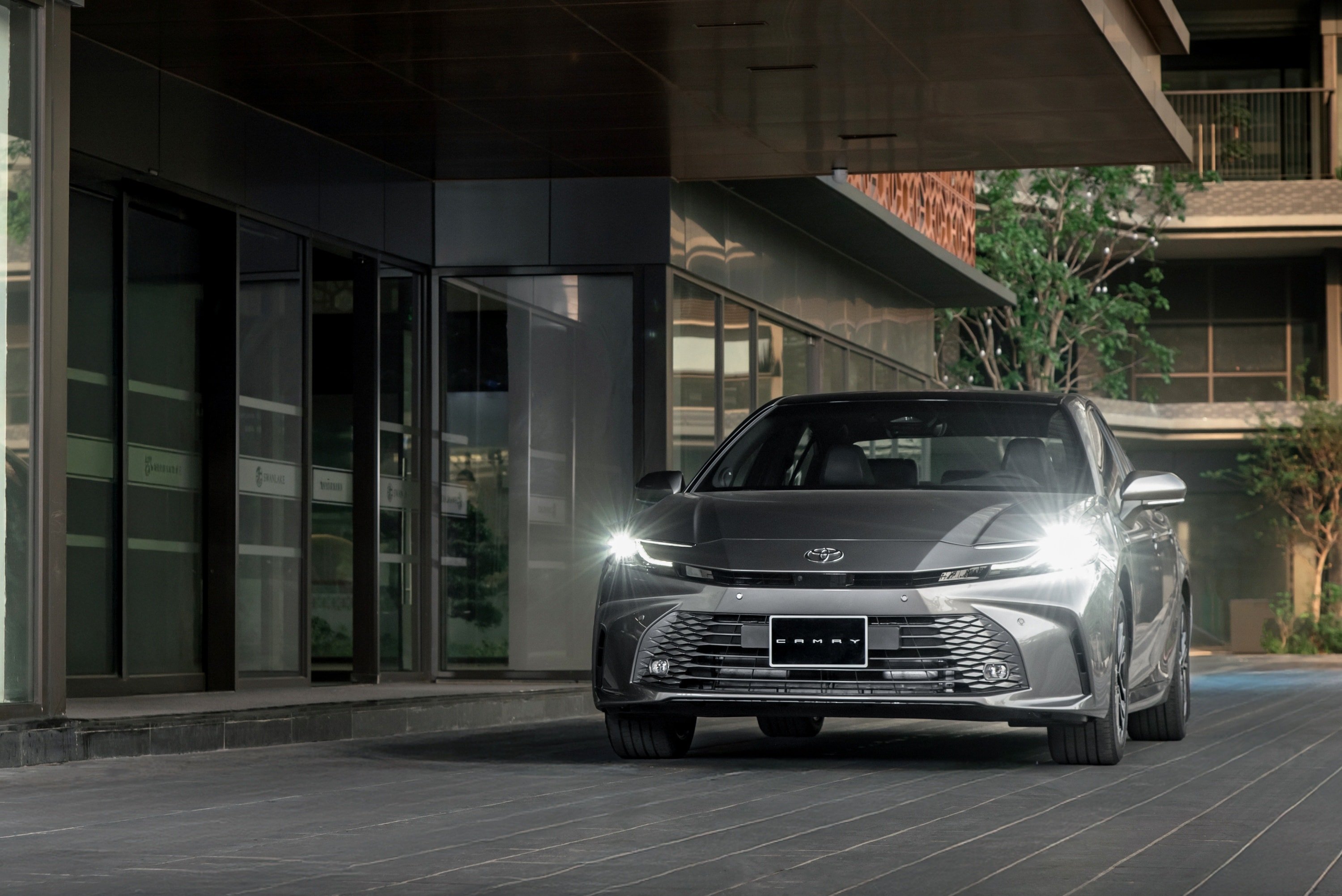
Value in use: clear benefits, transparent trade-offs
From a cost of ownership perspective, the 33–34% rebate on the battery pack makes the Camry HEV and Toyota HEV models more economically attractive over their lifetime. The facility to take back and recycle the old batteries is also a plus from an environmental and regulatory perspective.
On the other hand, compared to PHEVs, HEVs do not have a long pure electric range; actual fuel economy will depend on operating conditions. Compared to BEVs, HEVs still use fossil fuels, but in return, they do not depend on charging infrastructure. Toyota asserts that the multi-dimensional approach is more suitable for current usage in Vietnam.
Conclusion: Camry HEV through the lens of cost and experience
- Advantages: Preferential battery replacement policy of up to more than 40 million VND (33-34%) reduces cost burden; convenient self-charging operation; smooth start and fuel saving; wide hybrid product ecosystem, leading sales in the Vietnamese market.
- Limitations: No long pure electric range like a PHEV; fuel consumption and real-world experience depend on usage conditions; current data sources do not provide safety equipment details/independent scoring for comprehensive comparison.
The data in the article is taken from Toyota Vietnam's announcement and VAMA report stated in the source.
Source: https://baonghean.vn/toyota-camry-hev-danh-gia-chi-phi-pin-va-gia-tri-10308841.html




![[Photo] President Luong Cuong and United Nations Secretary-General Antonio Guterres chaired the signing ceremony of the Hanoi Convention.](https://vphoto.vietnam.vn/thumb/1200x675/vietnam/resource/IMAGE/2025/10/25/1761370409249_ndo_br_1-1794-jpg.webp)



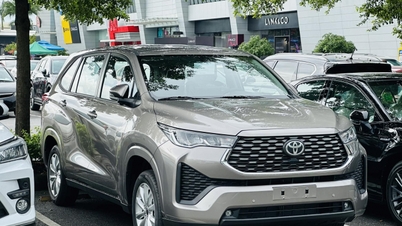















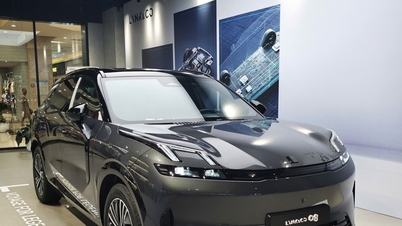

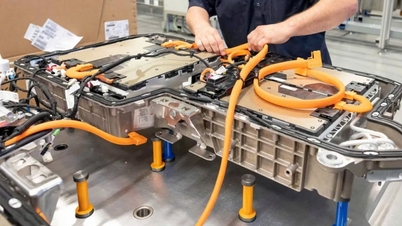
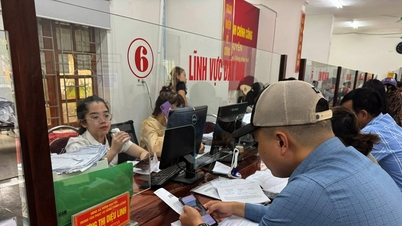

![[Photo] President Luong Cuong chaired the welcoming ceremony and held talks with United Nations Secretary-General Antonio Guterres](https://vphoto.vietnam.vn/thumb/1200x675/vietnam/resource/IMAGE/2025/10/24/1761304699186_ndo_br_1-jpg.webp)






































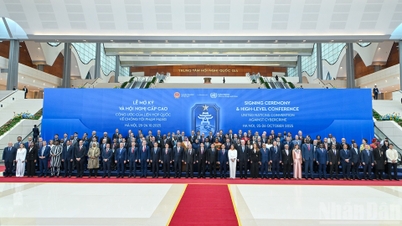











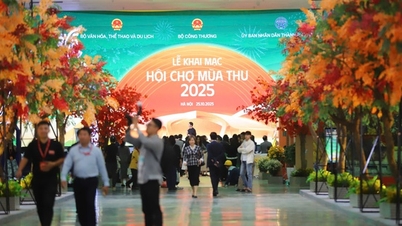
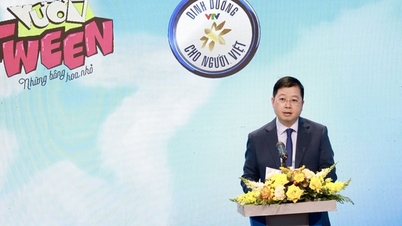
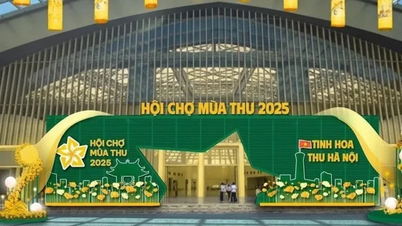


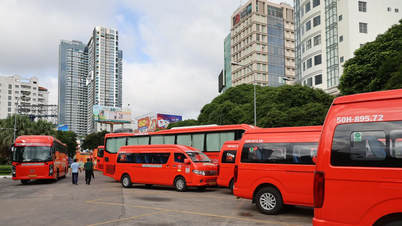

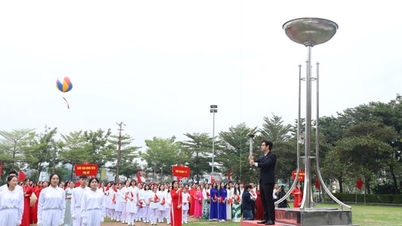


















Comment (0)